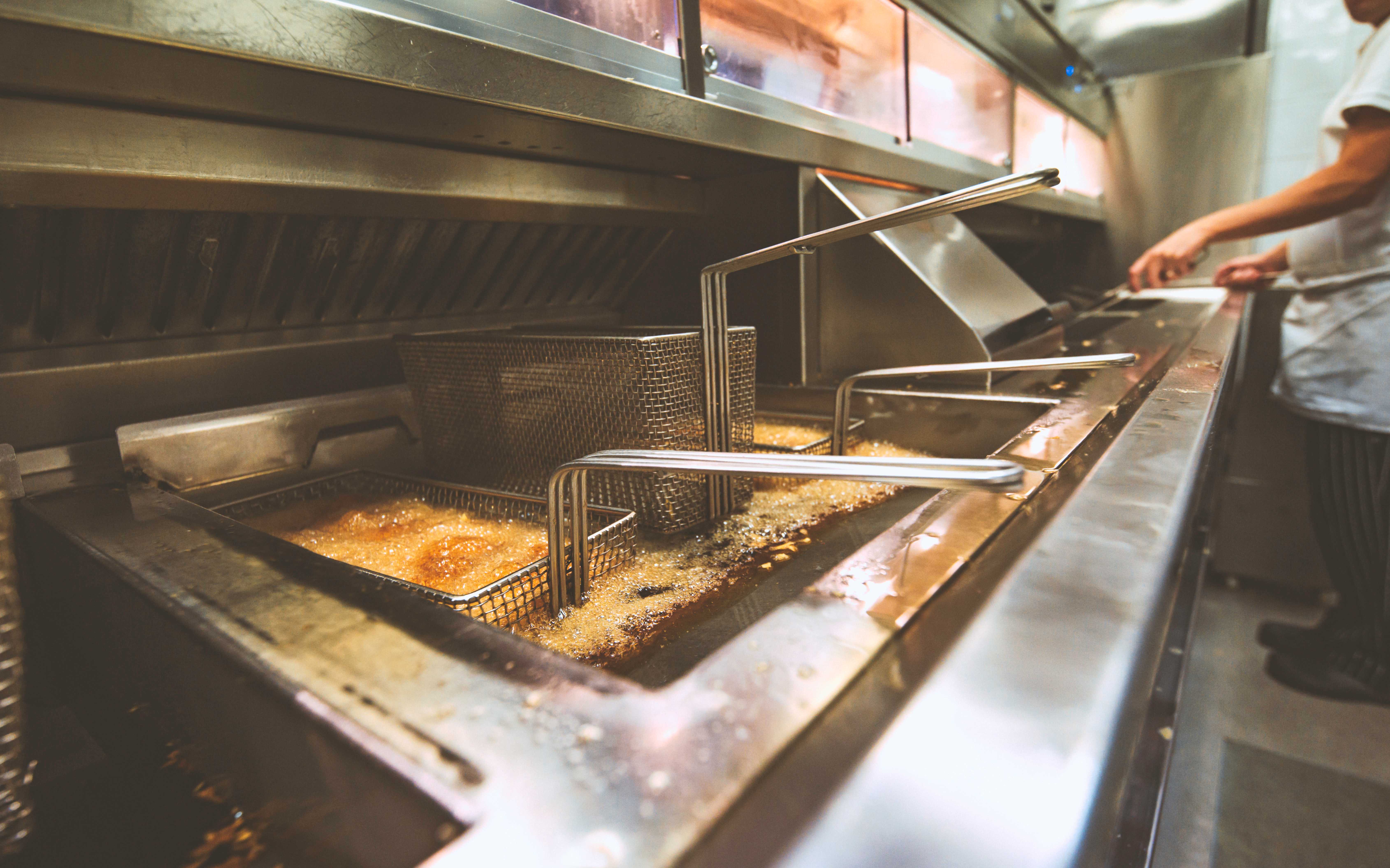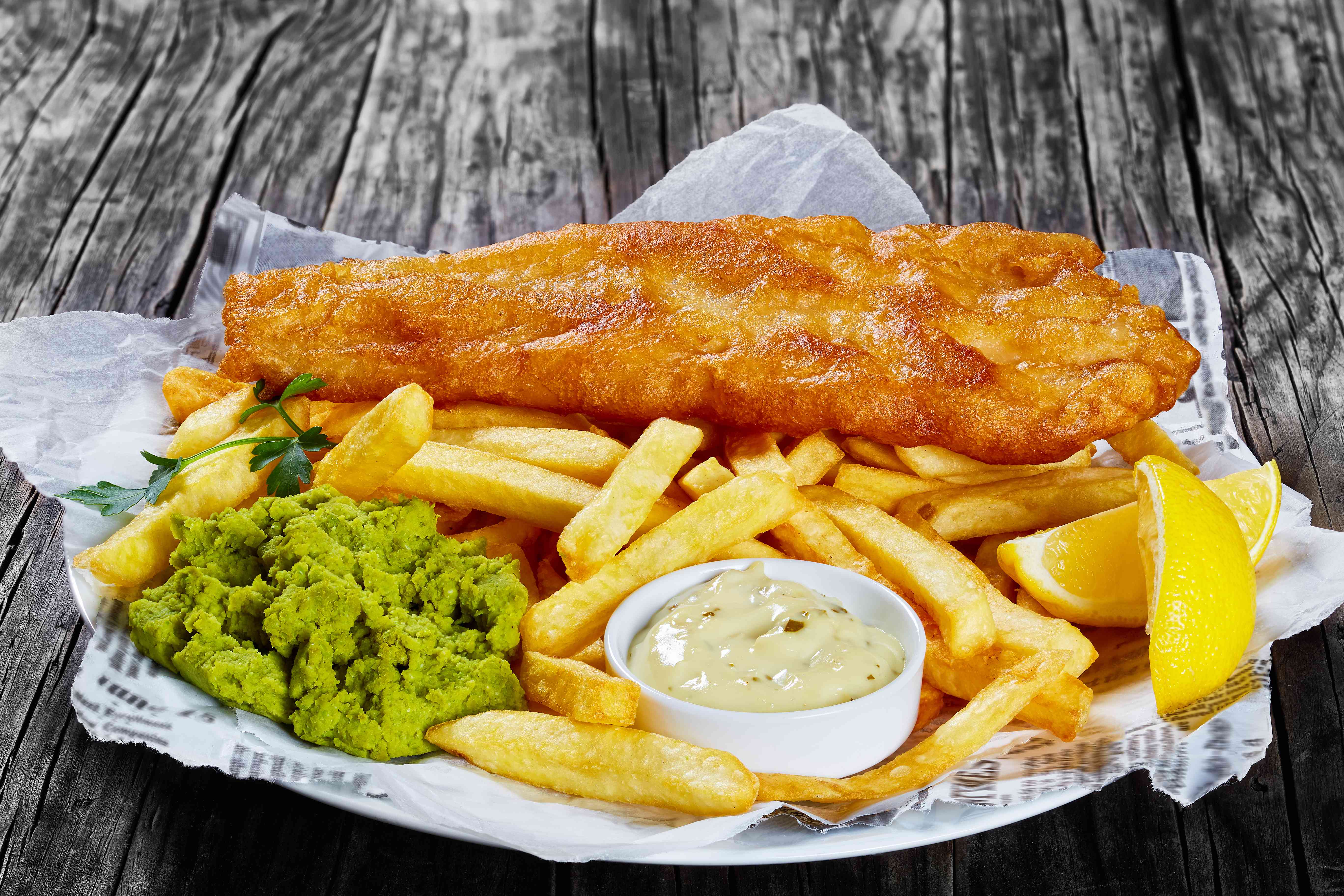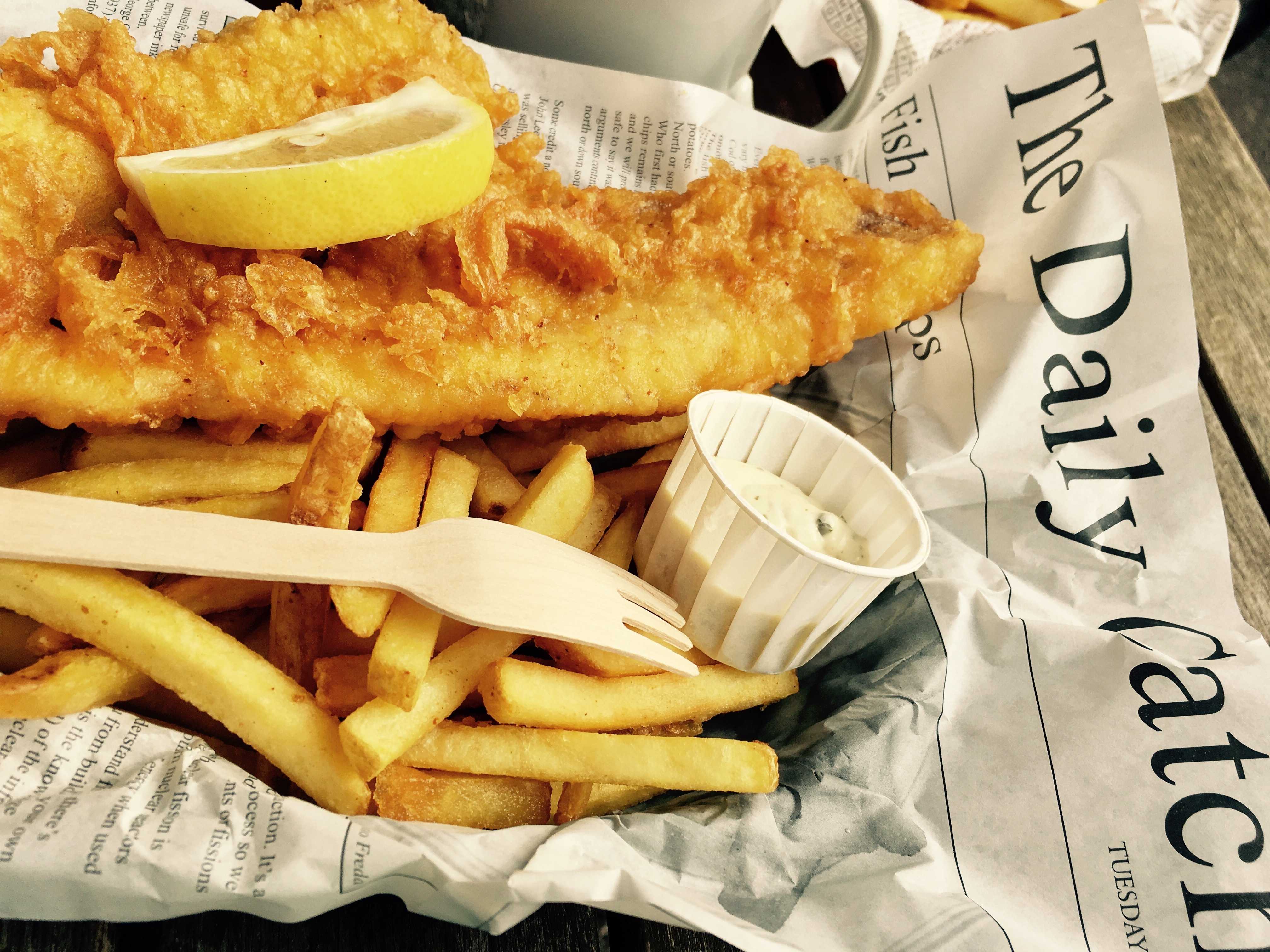The Food Safety Act of 1990 (FSA) is an important piece of environmental legislation that all food enterprises in the United Kingdom must follow. The FSA’s overall goal is to safeguard people from eating food that might be hazardous to their health. Any business that deals with food, whether it’s preparing it, labelling it, shipping it, keeping it, or selling it, must strictly adhere to these regulations. Restaurants, food manufacturing plants, cafés, local bakeries, and cafeterias are examples of such enterprises. Failure to comply with the Food Safety Act of 1990, as well as selling or promoting food that does not conform to safe food regulations can result in severe penalties.
While food safety impacts everyone, people working in the sector must guarantee that the FSA is followed. All companies that handle, prepare, store, or serve food should have a food safety policy in place. This form of environmental law is in place to ensure that customers’ health is never jeopardized as a result of how their food is cooked, packaged or transported.
What does the FSA accomplish?
The FSA applies to all operations in the food distribution chain, from primary production to distribution to retail and catering. Here, the goals are to ensure that all food meets expectations in terms of its nature, substance, and quality and is not misrepresented, and to provide legal powers and specify offences related to public health and consumer interests.
More specifically, the FSA aims to ensure that:
- The food served or sold to a customer is of the expected kind, content, and quality.
- Food is not prepared or processed in any way that might harm the consumer’s health.
- Products are properly labelled and not sold or presented in a fraudulent or misleading manner.
- Suitable food management procedures, such as labelling, record keeping, and staff training, are in place and being followed.
- Nothing is added to or removed from food that might harm the consumer’s health.
- Excellent food hygiene standards are followed, including regular premise sanitary maintenance.
How does the FSA apply to farmers?
Most farmers operate food enterprises, which the FSA defines as “any business in the course of which commercial operations with respect to food or food supplies are carried out.” Farms therefore, as food enterprises, are subject to the same processes and guidelines as any other food business, and if farmers sell food directly to consumers, they will be subject to the regulations pertaining to the sale of food too.
How does the FSA apply to importers?
Because the European Union is a single market, there are no border controls on food imported from other Member States. Importers of food from countries outside the EU, like the UK, must comply with relevant EU food law standards or similar criteria. Such imports must fulfil food safety and hygiene standards equal to those for UK-produced food, and they may be subject to inspections by enforcement agencies at UK ports of entry and inland.
To deal with questionable imported food, enforcement agencies, which include Port Health Authorities, have a variety of powers. As a result, importers, like all UK food firms, must take all reasonable steps and use due diligence to avoid committing an offence.
Offences under the Food Safety Act of 1990
In general, the FSA prohibits food enterprises from committing the following offences:
Producing food harmful to health
According to the FSA, a person commits an offence if he or she makes food injurious to health by adding an article or substance to it, using an article or substance as an ingredient in its preparation, abstracting any constituent from it, or subjecting it to any other process or treatment with the intent that it be sold for human consumption.
Selling food that is not of the desired kind, content, or quality
According to the FSA, anybody who sells food to the customer that is not of the nature, substance, or quality desired by the consumer commits an offence.
“Nature” refers to a product that is marketed as one thing but is actually another.
“Substance” refers to instances in which food contains unwanted substances.
“Quality” might refer to instances in which one product is ordered but another is delivered.
Deceptively characterizing or presenting food
This section defines inaccurate or misleading labelling and ads, as well as deceptive presentation. When claims or visual representations of food are false or deceptive, it is considered under law as an offence. This also includes proper content that is overemphasized to the point that the consumer is misled as well as not following strict standards governing food labelling.
Who enforces the FSA?
The day-to-day enforcement effort is mostly the responsibility of local food authorities. However, the Food Standards Agency enforces some FSA restrictions, such as those on irradiated food permits, and has the ability to become involved in specific emergency situations or when a local authority fails to execute its obligations under the Food Safety Act of 1990. At any time, an approved official from your local council or an Environmental Health Officer may investigate your food business premises, records, and processes. You’re unlikely to be notified of an officer’s visit in order to avoid making temporary alterations for the inspection.
According to the FSA, authorized officials of food authorities may:
- Obtain samples of food and food ingredients
- Access food facilities to investigate potential offences
- Examine food to ensure its safety
In addition to the above, the FSA gives the Government powers to make regulations on matters of detail, and specific regulation has been made using the powers given under the Food Safety Act. The Food Standards Agency is the primary government agency in charge of enacting particular regulations under the FSA.
What happens if authorised officers find suspect food?
Authorised officials may check any food that has been sold or is about to be sold at any reasonable moment. If they think that the food does not meet food safety standards, whether or not this occurs during an inspection, they may issue the owner with a notice requiring the food to be held in a certain location and not to be used for human consumption while they investigate.
Alternatively, they may believe that no inquiry is required and just confiscate the food and have it removed so that the relevant law enforcement agency may deal with it. If they choose the first option, the police will have up to 21 days to conduct their investigations. If they determine that the food is not hazardous, they must retract their notice and return the product to its rightful owner. If they believe the food is hazardous, they must confiscate it and report the situation to a law enforcement agency.
When food is seized and a hearing before a sheriff is held, it is possible that someone will face criminal charges in connection with the food. That individual can make representations and call witnesses in such a case. If a sheriff determines that the food is hazardous, he or she may order that it be destroyed or otherwise disposed of, and the owner of the food may be required to pay the disposal costs.
World-class cooking and frying oil for the UK food industry
Frymax supplies trans-fat-free, certified sustainable palm oil to chippies, restaurants, and the hospitality industry that is fully compliant with the Food Safety Act of 1990. With superior quality single sourced RSPO palm oil, we’re committed to helping you create a more sustainable, ethical, and healthier world. For more information don’t hesitate to get in contact with the helpful Frymax team.
Become a Frymax member today to gain access to exclusive content, expert frying advice and the chance to enter our fantastic competitions.






